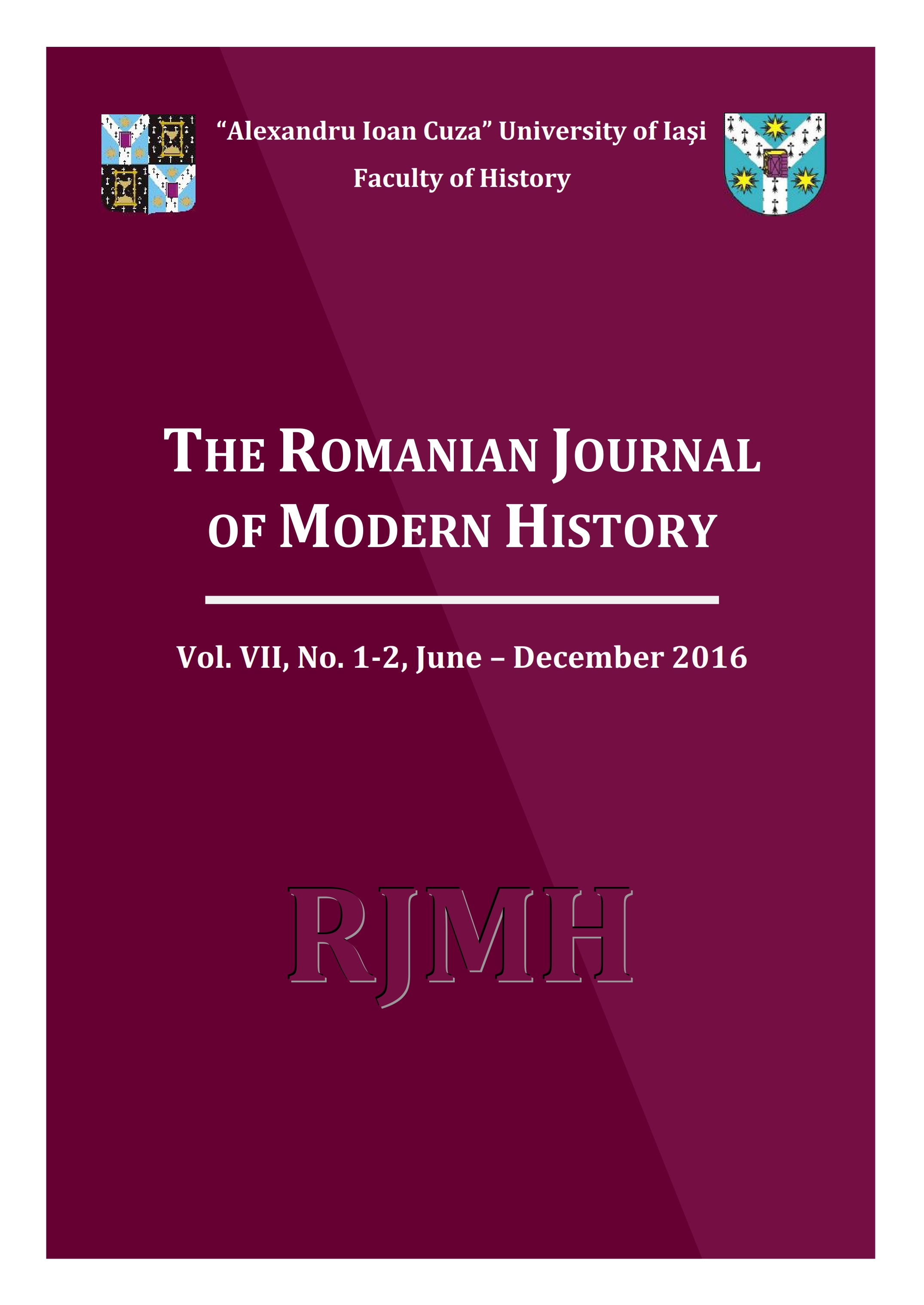The great conservative government of 1891-1895. Historiographical images and the relevance of the writings from that period
The great conservative government of 1891-1895. Historiographical images and the relevance of the writings from that period
Author(s): Iustin GhermanSubject(s): Political history, 19th Century
Published by: Editura Tehnopress
Keywords: conservatism; governance; historiography; politics; methodology
Summary/Abstract: The conservative government of 1891-1895 represents an issue that has aroused little attention and interest in the Romanian historiography, and when it did, the ideological reflex was not late to appear. With few exceptions, the common denominator of research conducted by Romanian historians upon this theme was always to construe an interpretative guideline, information brought „surprises” only through an ideological and informal leitmotif that somehow became „traditional”. Beyond the meanings of political history and the manner in which the conservative phenomenon was historiographically mirrored, so far, the contribution of some historians appears as having a tendency to order and make a complex reality more perceivable, in which the „political” doesn't express only through reform and development, but also through its main coordinate, which is power. Integrant and legitimate part of the fundamental themes of Romanian modern history, the conservatism approach in a gnoseological way, under its dual nature of ideology/doctrine and political party, has found in Romanian historiography a rather arid land. The selection we had in mind implies a rallying to the new methodological profile proper to the interpretation of the Romanian conservatism. Invariably, there are works that associate themselves to a predetermined trajectory of interpretation and which started from certain historiographical references, the information brought being attached to a purely ideological analysis. Therefore, the Romanian historiography could not escape the influences of Marxist vision, appeared with the prevailing of the communist ideology. The writings of that period offer a different picture of the events, according to the memoirist affinity for one party or another or the degree of personal involvement. If these were written in a subjective manner, the direction of historiography suffered the most from ideological pressures, the occurred interpretations distorting essential historical circumstances and subjecting history as a science, to an inappropriate treatment, with undesirable and important effects.
Journal: Romanian Journal of Modern History
- Issue Year: VII/2016
- Issue No: 01+02
- Page Range: 55-69
- Page Count: 15
- Language: English
- Content File-PDF

